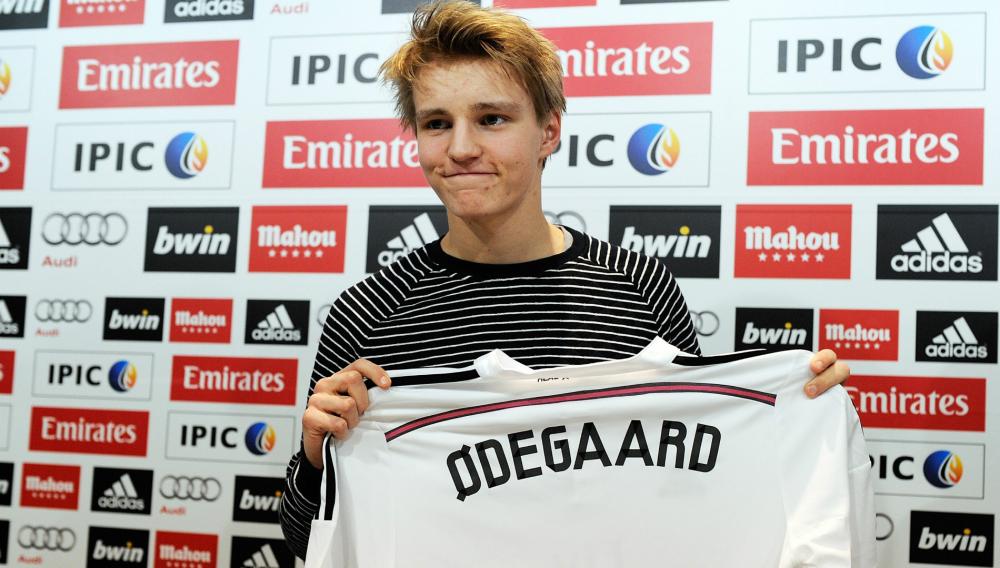FFT100 2018: No.4, Luka Modric (Real Madrid)
There's a sense his Ballon d'Or win may have been a concerted effort to end the Messi-Ronaldo duopoly, but this has been another stunning year from one of football's classiest operators
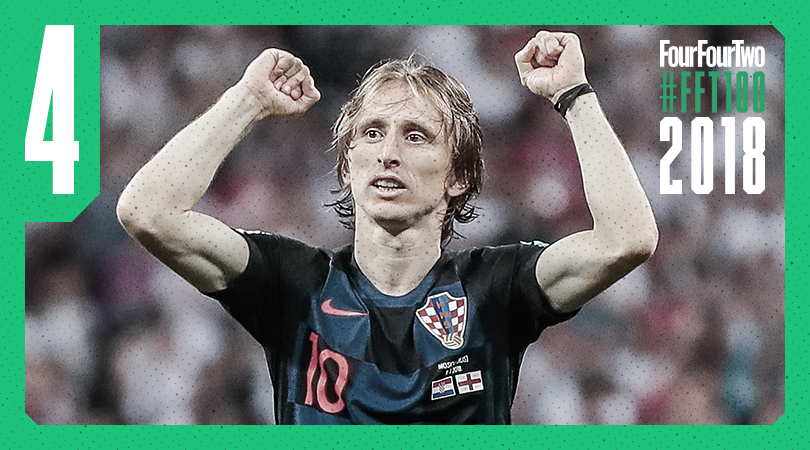
The best features, fun and footballing quizzes, straight to your inbox every week.
You are now subscribed
Your newsletter sign-up was successful
Want to add more newsletters?

Five times a week
FourFourTwo Daily
Fantastic football content straight to your inbox! From the latest transfer news, quizzes, videos, features and interviews with the biggest names in the game, plus lots more.

Once a week
...And it’s LIVE!
Sign up to our FREE live football newsletter, tracking all of the biggest games available to watch on the device of your choice. Never miss a kick-off!
Join the club
Get full access to premium articles, exclusive features and a growing list of member rewards.
There might be an understanding that Luka Modric is neither the best player in the world, nor will he ever be.
What is indisputable, however, is that years of bubbling appreciation for the midfielder’s quiet genius has reached boiling point in 2018, and there are few fans of the game who would deny him the accompanying accolades.
As we possibly come to the end of an era in which extraordinary statistical feats are sometimes the only accepted measure of individual greatness, Modric represents something else on the pitch – grace, discretion and team equilibrium. It is no surprise whatsoever that he was a key part of Real Madrid’s extraordinary Champions League triumphs under Zinedine Zidane. He is exactly Zizou’s type of player; an extremely gifted individual buying into the ethos of collective effort and responsibility that changed the image of Los Blancos.
It felt, finally, as if Modric began to receive the respect he deserves over the last year. With James Rodriguez leaving the Bernabeu for Bayern Munich, he inherited the No.10 shirt in Madrid for the first time and entered 2018 fresh from winning the Golden Ball for player of the tournament at the Club World Cup.
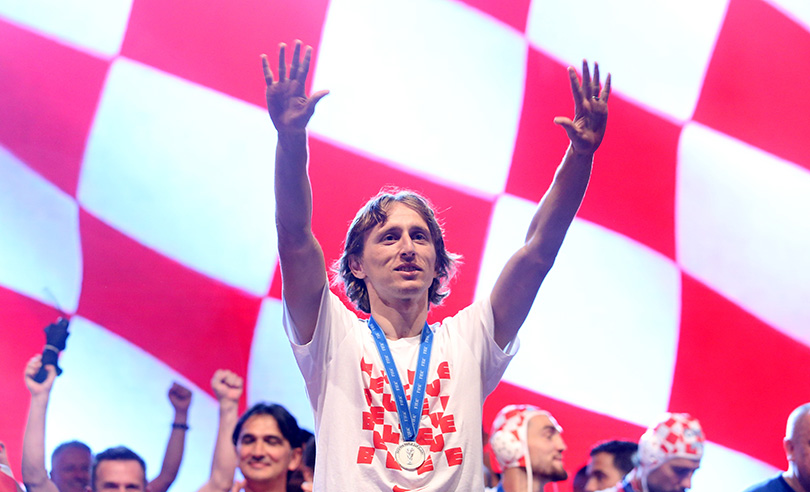
At that point, it felt as if winning back the Champions League might be a mountain too high for Modric & Co. to climb. Nobody could say that they had an easy route back to the summit, after beating Paris Saint-Germain, Juventus and Bayern Munich before eventually edging out Liverpool in the final.
Besides taking Real Madrid to a third straight Champions League title, unprecedented in the modern age, Modric’s passing, mobility and vision knitted Croatia together and turned them from a collection of gifted individuals into World Cup finalists. It was a final that they could have won too, which would have sealed the midfielder’s golden year, though falling short in no way diminishes his achievements.
From the beginning, Russia had the feel of being Modric’s tournament. He stepped up to score from the spot in the opener against Nigeria, and his blockbuster from range against Argentina underlined Croatia’s superiority. Yet his tournament – and his year – was as much about endurance as it was about excellence.
The best features, fun and footballing quizzes, straight to your inbox every week.
In the last 16 against Denmark he missed a penalty before coming back to score in the shootout, which Croatia eventually won. His performances had their peaks and troughs, like the World Cup in general, but he ploughed on to the end regardless.
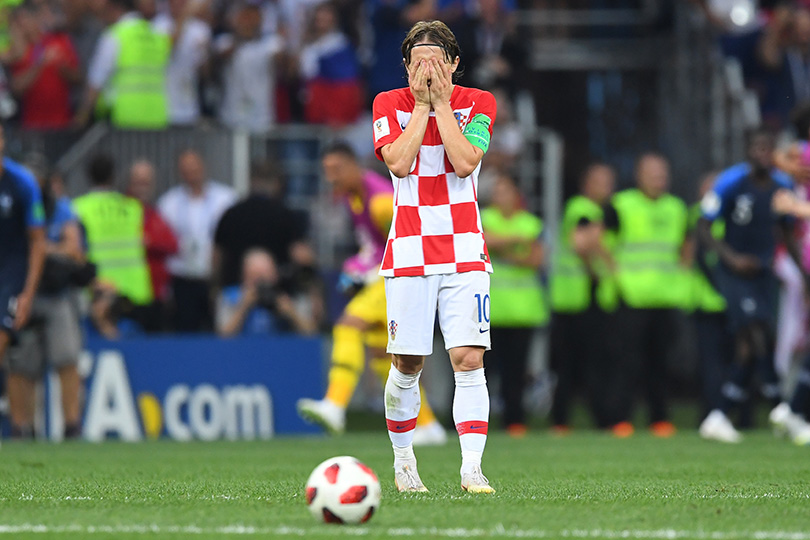
It’s even more remarkable when one considers the off-field context. Charges of perjury hung over his head for most of the year back home in Croatia, stemming from his involvement in the tax evasion trial of Zdravko Mamic, the former executive director of Dinamo Zagreb. He was eventually cleared in December, but to produce such a high level of performance in the circumstances – and with a mixed reception from Croatian fans – was something else.
After all this it’s little wonder that he began 2018/19 looking like a shadow of his best self. As he admitted amid Madrid’s horrible start: "The World Cup left me completely exhausted." But he surged back to his best in Croatia’s thrilling last two Nations League games against Spain and England, serving a timely reminder that both club and country are several rungs above where they might otherwise be when Modric is at his very best.
But was he the best player of 2018? That's up for debate. Maybe the 33-year-old’s awards are, as he suggested in his Ballon d’Or acceptance speech, partly for those artists who fell through the cracks when the Messi and Ronaldo roadshow was at its apex. Yet being this influential while resisting fatigue, age, off-field distractions and everything else is worthy of merit on its own.
FourFourTwo's 100 Best Football Players in the World 2018
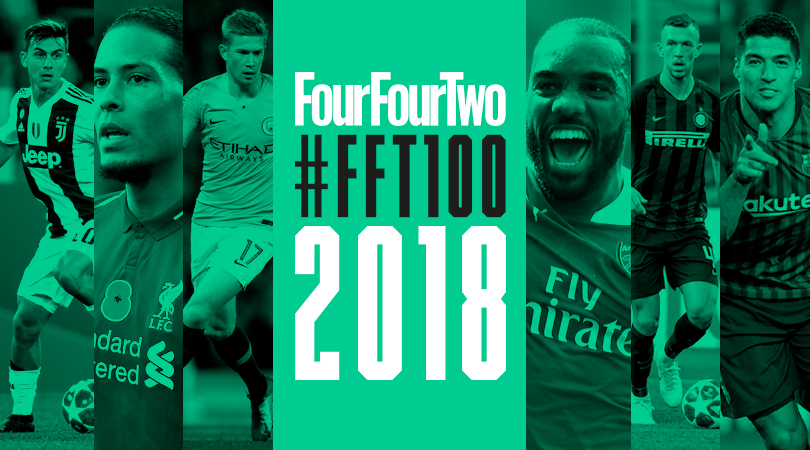
 Join The Club
Join The Club










